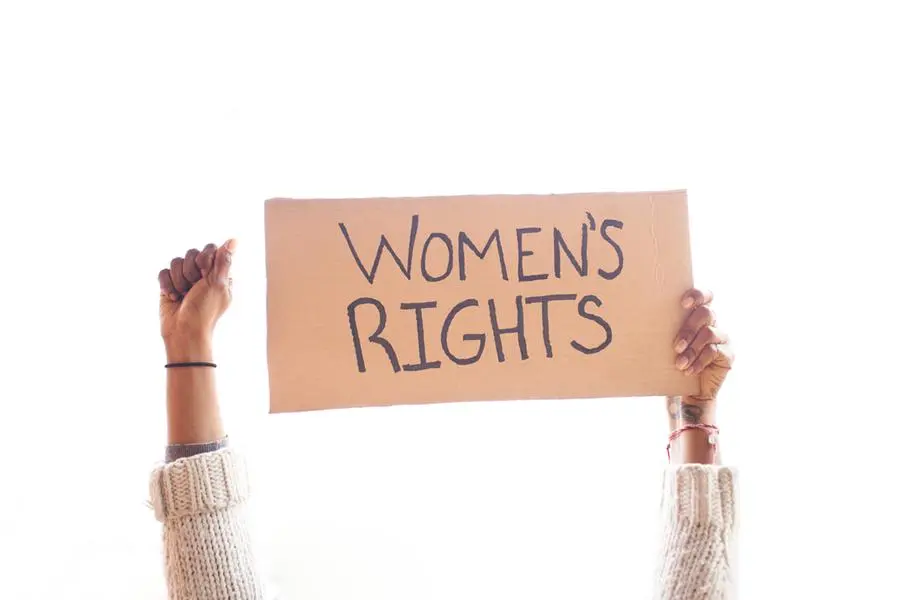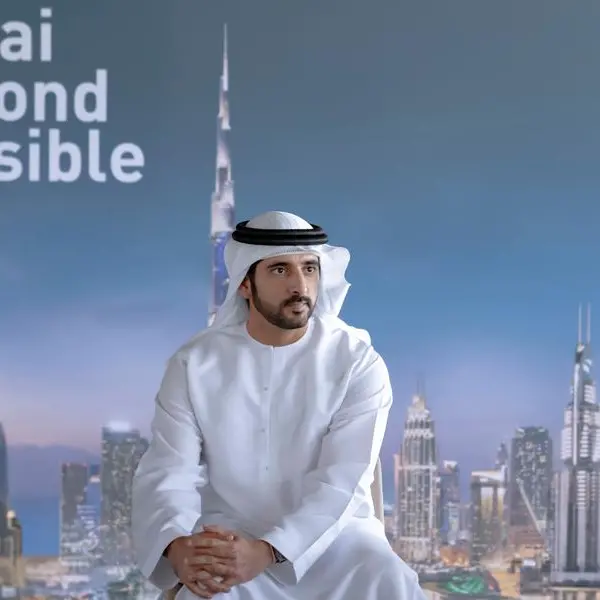PHOTO
ABU DHABI - Participants at the Women's Empowerment and Role in Sustainable Development forum, organised by the Abu Dhabi Judicial Academy in association with the Human Rights Division, discussed a wide range of topics related to women's rights and empowerment.
The forum, held in light of Declarations of Rights, International Treaties, National Legislation and Practices, discussed mechanisms for the international protection of women's rights, and the rights and duties of women of determination, their role in sustainable development, the role of the constitution and national legislation in protecting women's rights and eliminating all forms of discrimination against them, as well as the role of the Public Prosecution and the judiciary in strengthening that protection.
The forum reflects the ADJD’s attention to empower women in all sectors, in line with the vision and directives of His Highness Sheikh Mansour bin Zayed Al Nahyan, Vice President, Deputy Prime Minister and Minister of the Presidential Court, and Head of the Abu Dhabi Judicial Department, by supporting factors of empowerment and sustainable leadership for women in various fields, and efforts to ensure the continuous creativity and innovation in the judicial system.
At the opening speech, Counselor Mansour Al Marzouki, President of the Abu Dhabi Criminal Court, highlighted the efforts of the UAE to empower women and enhance their important role in achieving the goals of sustainable development, indicating that women were distinguished by their endless giving in serving the country in various work fields, as they showed their high efficiency and merit over years by assuming senior and significant leadership positions in various fields and vital sectors in the state.
Counselor Dr. Abdul Majeed Mahmoud, Head of the Technical Office of the Judicial Inspection Division, who run the event sessions, stressed the key role of women in achieving sustainable development, being an integral part of it. Dr. Abdul Majeed pinpointed the importance of international covenants and national legislation in ensuring women's rights and enhancing international protection for them.
Fatima Al Kaabi, Vice President of the National Human Rights Commission, presented a statement entitled "Mechanisms for the international protection of women's rights", where she shed light on the international legal framework for women's rights and human rights, and the convention on the Elimination of all forms of discrimination against women, noting that during the past year 2022, the UAE was ranked first in many global indicators of women's rights, including the parliamentary representation index and the rate of girls in education at all educational levels, while ranked 11 globally in gender equality, and the first rank in the Arab and Gulf countries.
Kletham Obaid Al Matroushi, a member of the Board of Trustees of the National Human Rights Commission and a member of the Board of Directors of Al Thiqah Club for the Disabled, presented a paper entitled "The rights and duties of women of determination and their role in sustainable development". In her paper, she discussed the legislation and laws supporting women of determination, the social aspect and the challenges facing completing their education and their access to the labour market. She pointed to the pioneering model achieved by the UAE in overcoming obstacles and giving them opportunities.
Counselor Dalal Fahad Al Johari, Judge of the Abu Dhabi Family Court and Civil and Administrative Cases, spoke about the role of the constitution and national legislation in protecting women's rights and enhancing their status in society, and the role of the Public Prosecution and the judiciary in strengthening that protection and eliminating all forms of discrimination against women.
In addition, Counselor Ateeqa Al Kathiri, Head of the Family and Child Prosecution Office at Al Ain Prosecution Office, reviewed the national legal and judicial mechanisms for the protection and empowerment of women, and the efforts of the UAE to enhance their political participation and support their representation in the judiciary, noting that the state was able to formulate an integrated legislative system to combat forms of family violence to ensure the protection of women to the fullest.
Dr. Rania Yahya Saad Zaghloul of the National Council for Women in the Arab Republic of Egypt in her paper entitled "Arab women and their empowerment under the Sustainable Development Goals", outlined the concept of sustainable development and its relationship to women's empowerment. She referred to the challenges facing women in general and Arab women in particular, highlighting the pioneering strategy of the UAE to empower women, which includes four axes, namely: building capacities and preserving the achievements and gains accomplished by women, preserving the social fabric and integrating gender roles, providing the elements for a decent life and social well-being for women, and developing the spirit of leadership and responsibility and strengthening their position in regional and international forums.





















